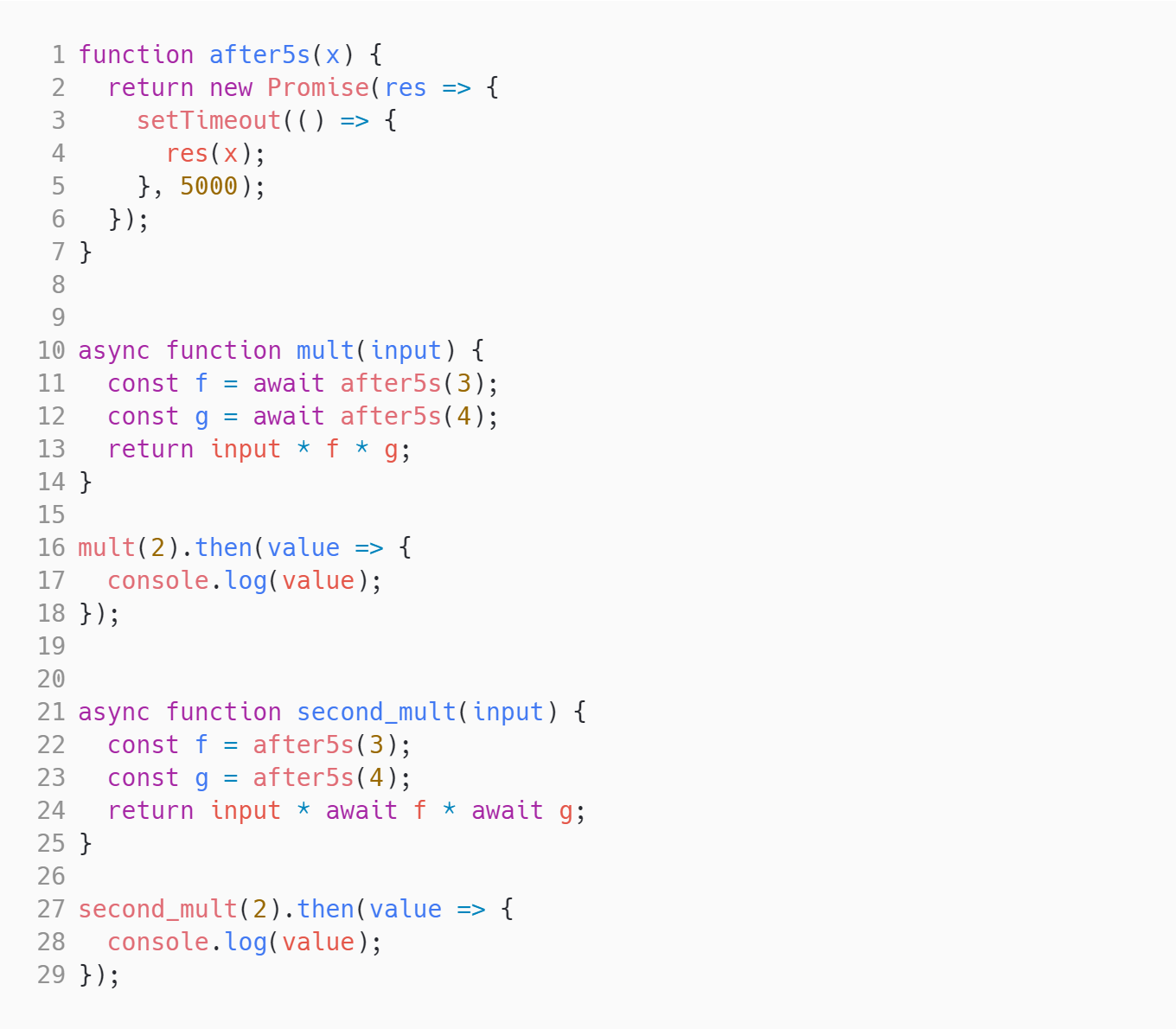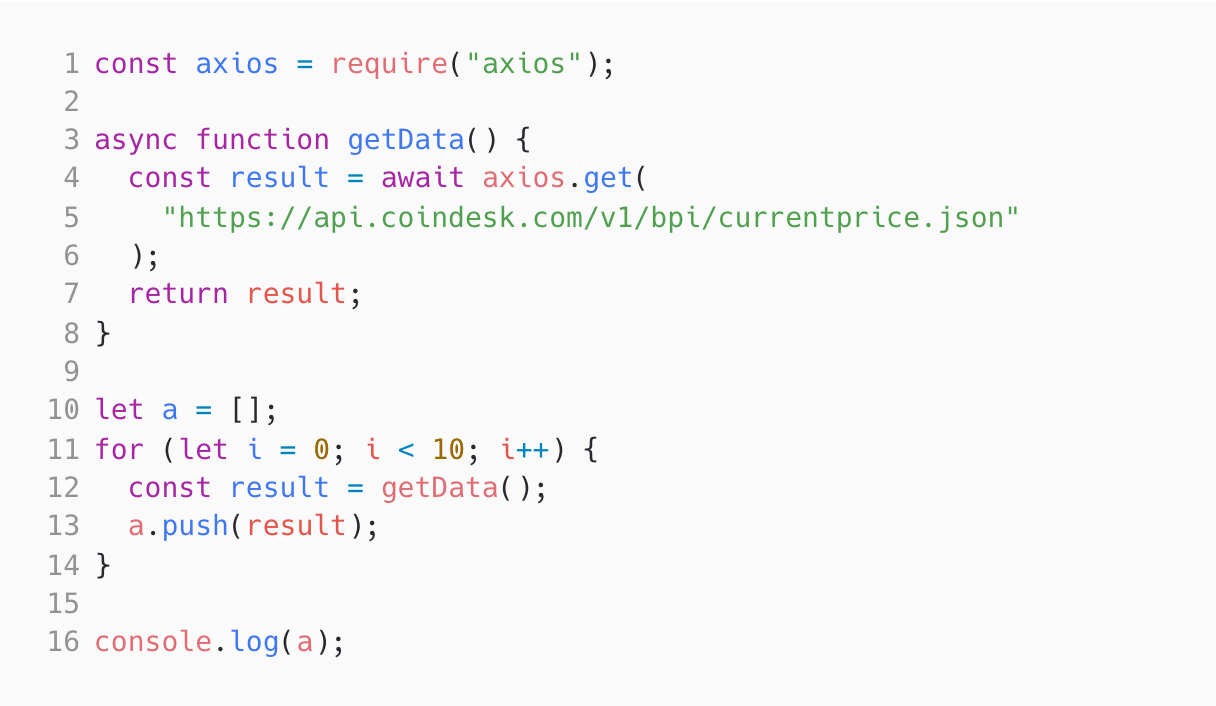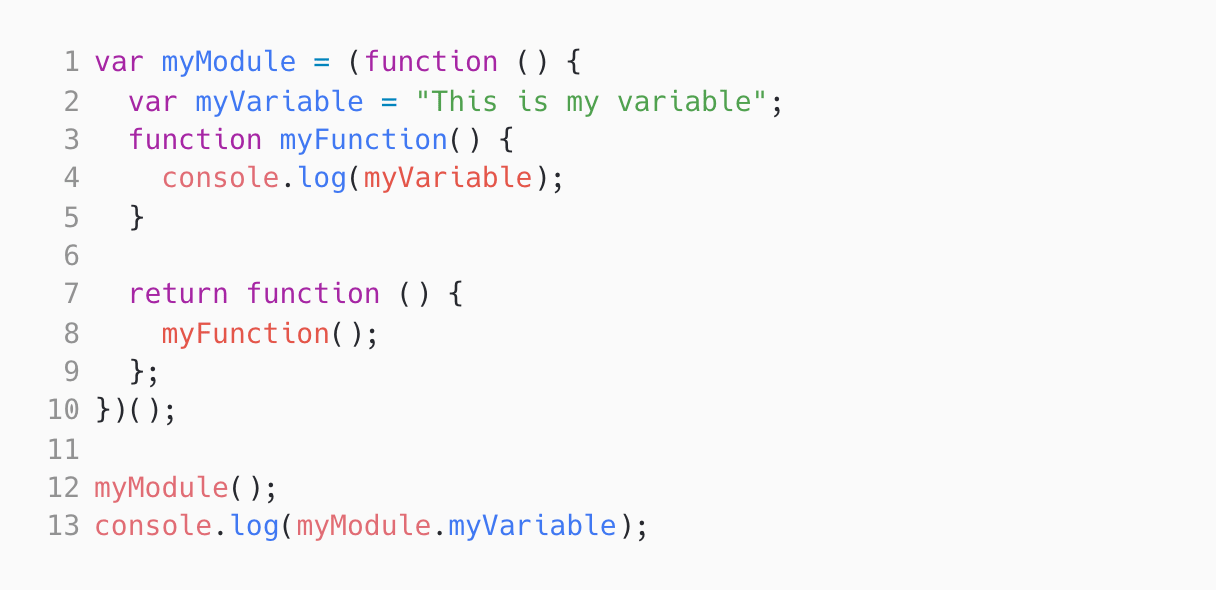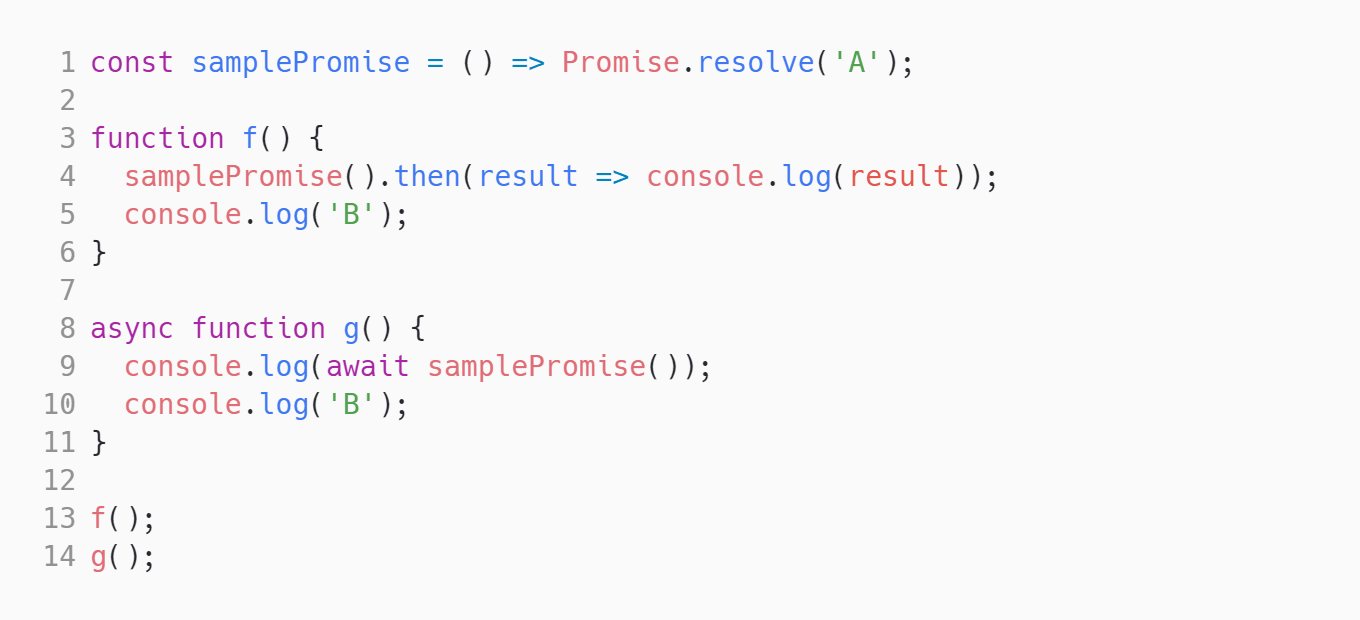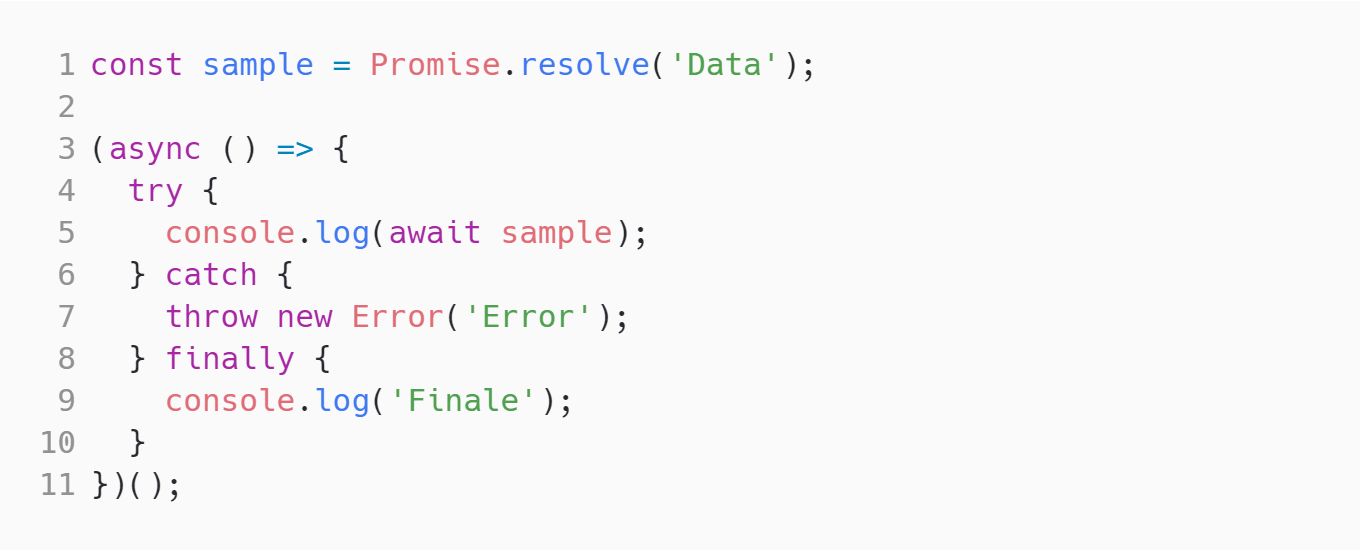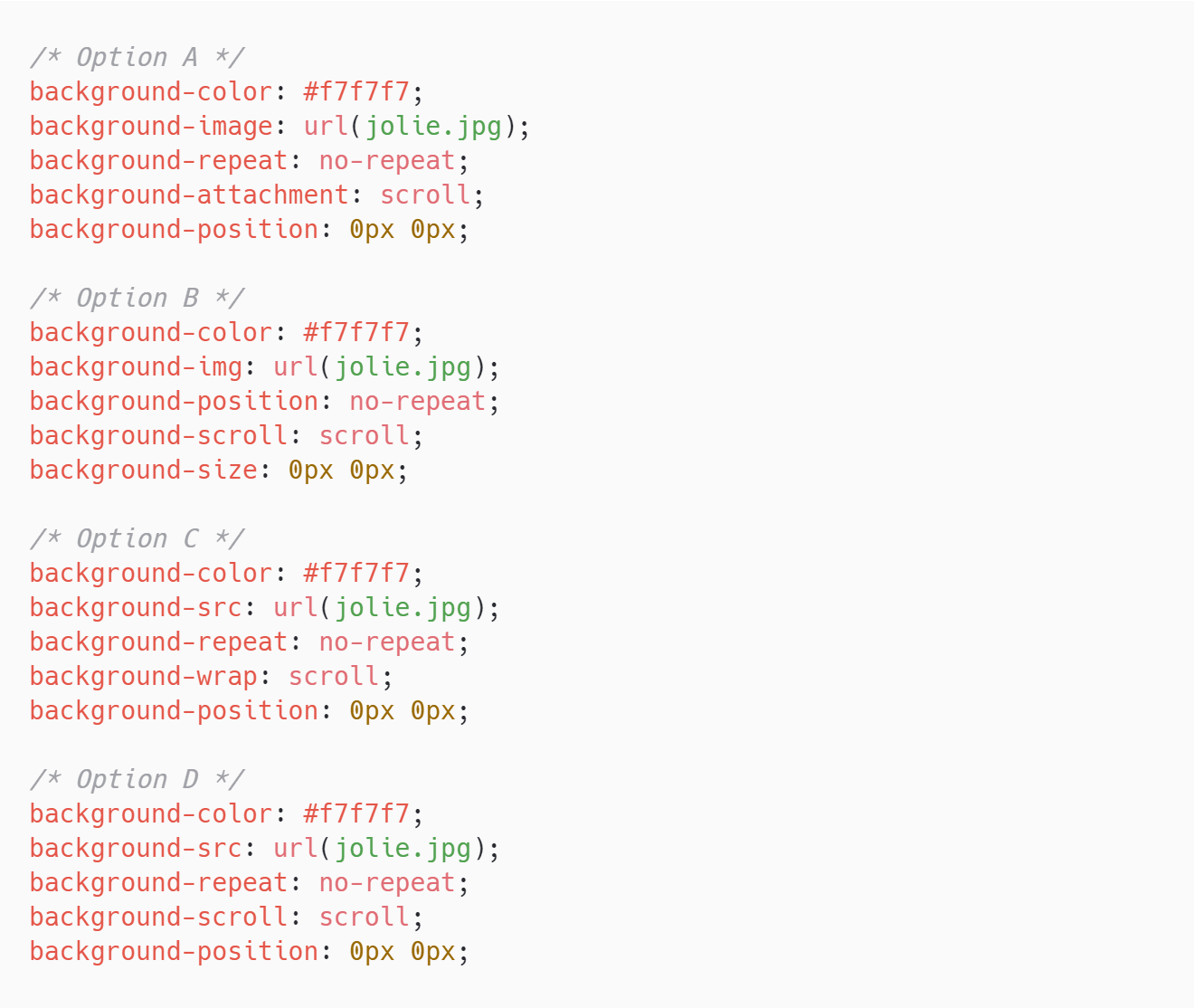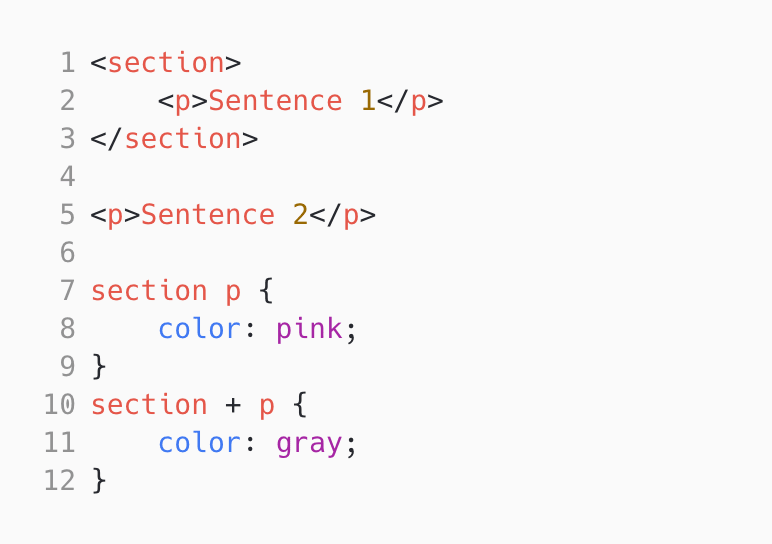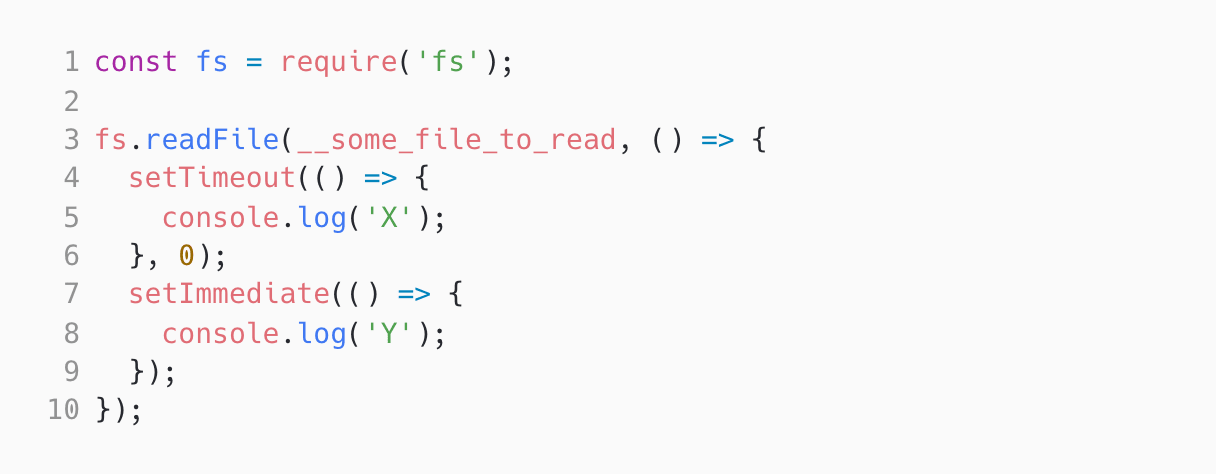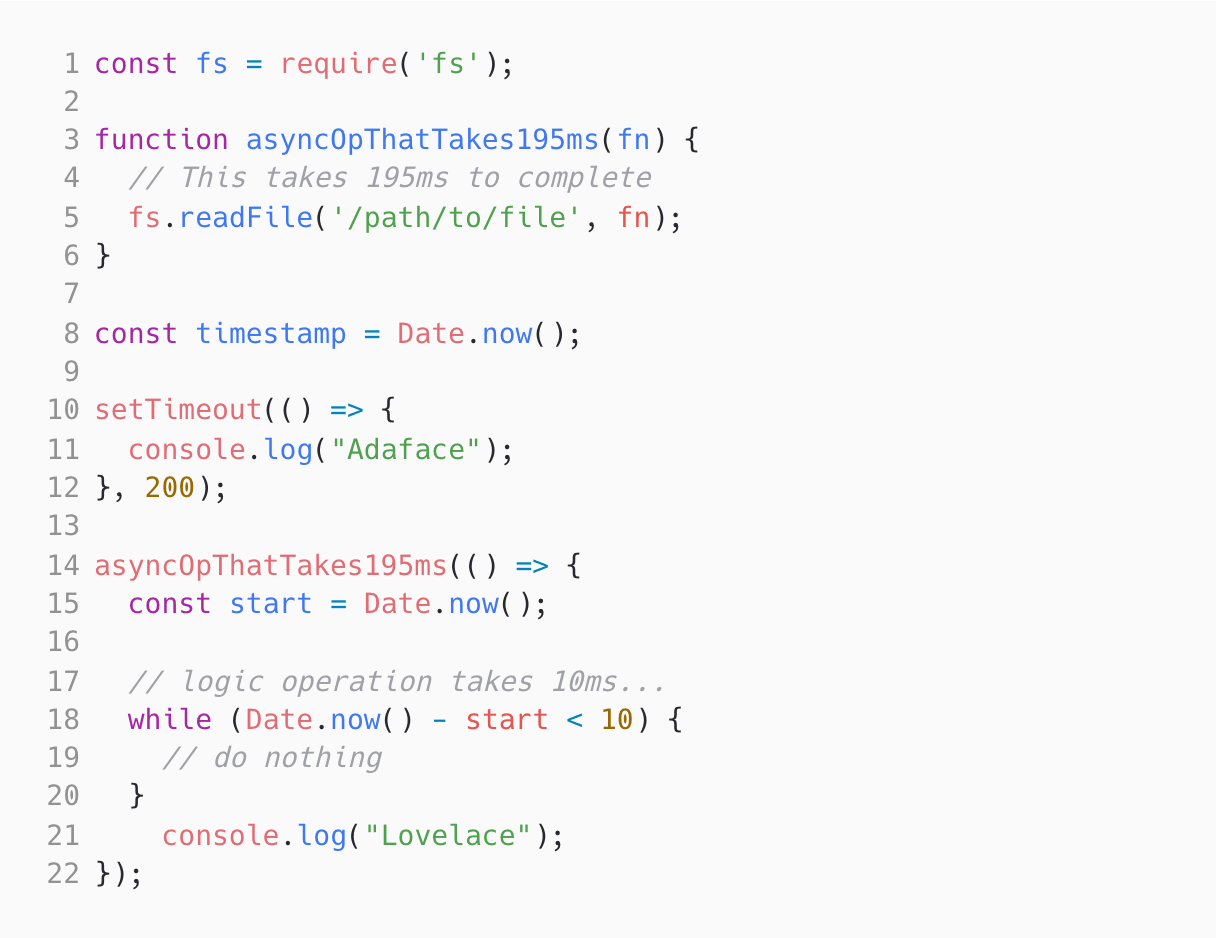JavaScript Fundamentals: JavaScript Fundamentals refers to the core concepts and principles of the JavaScript programming language. It includes topics such as variables, data types, operators, control structures, functions, and arrays. Assessing this skill helps evaluate a candidate's understanding of the foundational concepts needed to write efficient and effective JavaScript code.
ES6 Syntax: ES6 Syntax refers to the features and updates introduced in ECMAScript 6, the latest version of the JavaScript language. It includes new syntax such as arrow functions, template literals, destructuring assignment, and spread syntax. Measuring this skill helps assess a candidate's familiarity with modern JavaScript syntax and their ability to write cleaner and more concise code.
Async/ Await in JS: Async/Await in JavaScript is a feature that allows writing asynchronous code in a synchronous-looking manner. It provides a more readable and maintainable way to handle asynchronous operations and promises. Evaluating this skill helps determine a candidate's proficiency in managing asynchronous tasks and handling errors effectively.
HTML/CSS Basics: HTML/CSS Basics refers to the foundational concepts and syntax of HTML (Hypertext Markup Language) and CSS (Cascading Style Sheets). It includes understanding HTML tags, attributes, and structure, as well as applying CSS styling, selectors, and layout techniques. Assessing this skill helps gauge a candidate's knowledge of web development fundamentals and their ability to create structured and visually appealing web pages.
DOM Handling with JS: DOM Handling with JS involves manipulating and interacting with the Document Object Model (DOM) using JavaScript. It includes accessing and modifying HTML elements, dynamically adding or removing elements, and responding to user events. Measuring this skill helps determine a candidate's understanding of how JavaScript can be used to create dynamic and interactive web pages.
Node JS Basics: Node.js Basics refers to the fundamental concepts and features of Node.js, a JavaScript runtime environment. It includes modules, events, streams, the Node package ecosystem, and asynchronous programming with callbacks. Assessing this skill helps evaluate a candidate's knowledge of server-side JavaScript development and their ability to build scalable and efficient web applications using Node.js.
Request Response Lifecycle: The Request Response Lifecycle refers to the sequence of events that occur when a client sends a request to a server and receives a response. It includes phases such as routing, request handling, middleware execution, server processing, and response generation. Evaluating this skill helps assess a candidate's understanding of how web servers handle client requests and their ability to debug, optimize, and troubleshoot server-side code.
API Development with Node: API Development with Node involves creating, managing, and interacting with application programming interfaces (APIs) using Node.js. It includes concepts such as API design, routing, authentication, data validation, error handling, and documentation. Measuring this skill helps determine a candidate's ability to build robust and well-designed APIs that can be easily integrated with other systems or platforms.
JavaScript Coding: JavaScript Coding refers to the ability to write clean, efficient, and functional JavaScript code. It includes skills such as algorithmic thinking, problem-solving, code organization, and debugging. Assessing this skill helps evaluate a candidate's coding proficiency, logical reasoning, and their ability to translate requirements into working JavaScript solutions.



















